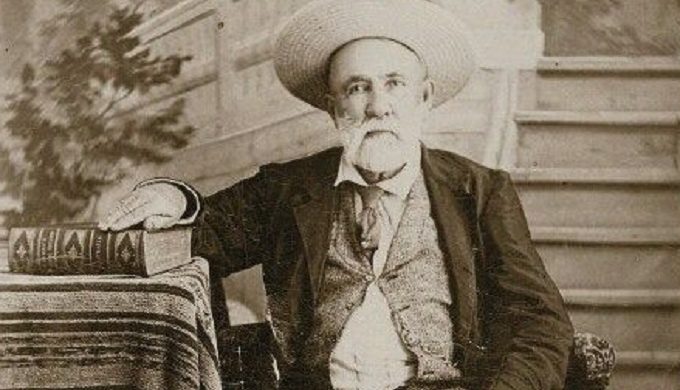Justice of the Peace – a useful institution
The term “Justice of the Peace” reminds one of the Wild West and people like Roy Bean, who declared himself a justice of the peace and who called himself “The Law West of the Pecos”.

The origin of Justices of the Peace nevertheless has been traced back to Britain in 1195, when Richard I “The Lionheart” commissioned certain knights to preserve the peace in unruly areas. They were responsible to the King for ensuring that the law was upheld, and they were known as Custodes Pacis (Keepers of the Peace). The Custodes Pacis were the forefathers of Justices of the Peace.
Over time, Justices of the Peace in Britain were authorised to perform functions ranging from hearing and determining offences to licensing public houses.
Justices of the Peace (JPS) in Australia today though play a more limited role and have little in common with their earlier British counterparts. Justices of the Peace were recognised in the Australian colonies from 1788, and the first Justice of the Peace was appointed after the settlement of South Australia in 1836.
The role of the Justice of the Peace (JP) is to act as an independent and objective witness to documents people use for official or legal purposes, such as witnessing and certifying routine legal documents including wills, affidavits, statutory declarations and passport applications. JPs can serve different roles in different jurisdictions.
The Justices of the Peace are volunteers and the services are free. This is very convenient, as it spares you the cumbersome and usually not cheap way to visit a notary, etc.
There are no national Justices of the Peace in Australia. Each state and territory has its own legislation to regulate the appointment and powers of Justices of the Peace. The functions of the office are different from state to state and witnessing requirements also differ between jurisdictions.
Justice of the Peace can be found at court registries, as well as shopping centres and other locations. Most states include a search to find a JP near you.
We have already used the services of JPs, which is easy and not complicated. The JP are normally also very friendly and helpful.
By the way, in the state of Queensland, a JP has the additional powers to issue search warrants and arrest warrants and, in conjunction with another JP constitute a magistrates’ court for exercising powers to remand defendants in custody, grant bail, and adjourn court hearings
And that reminds one a little bit of Roy Bean …
Links
